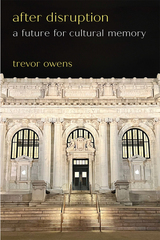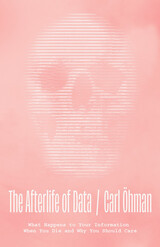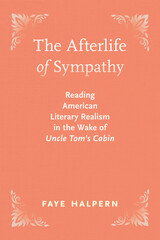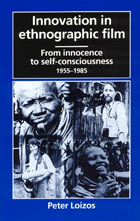
Loizos begins by reviewing works of John Marshall and Timothy Asch in the 1950s and moves through those of Jean Rouch, Robert Gardner, and many more recent filmmakers. He reveals a steady course of innovations along four dimensions: production technology, subject matter, strategies of argument, and ethnographic authentication. His analyses of individual films address questions of realism, authenticity, genre, authorial and subjective voice, and representation of the films' creators as well as their subjects.
Innovation in Ethnographic Film, as a systematic and iluminating review of developments in ethnographic film, will be an important resource for the growing number of anthropologists and other scholars who use such films as tools for research and teaching.

The topic of this book is self-consciousness, which is a kind of knowledge, namely knowledge of oneself as oneself, or self-knowledge. Sebastian Rödl's thesis is that self-knowledge is not empirical; it does not spring from sensory affection. Rather, self-knowledge is knowledge from spontaneity; its object and its source are the subject's own activity, in the primary instance its acts of thinking, both theoretical and practical thinking, belief and action.
The chapters of this book cover action and belief, freedom and reason, receptive knowledge and the second person. Each of these topics deserves its own book. And yet they would all be books on self-consciousness, for self-consciousness is the principle of their respective subject matters. Contemporary theories have been badly served by failing to acknowledge this. Taking the full measure of this insight requires a major conceptual reorientation in action theory, the philosophy of mind, and epistemology, which is begun in this book. As it can be said to be the principal thought animating Kant and his Idealist successors that self-consciousness occupies this central position, the book can be read as an attempt to recover and rejuvenate the achievement of the German Idealist tradition.
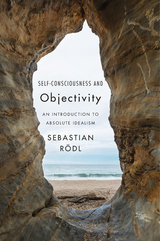
Self-Consciousness and Objectivity undermines a foundational dogma of contemporary philosophy: that knowledge, in order to be objective, must be knowledge of something that is as it is, independent of being known to be so. Sebastian Rödl revives the thought—as ancient as philosophy but largely forgotten today—that knowledge, precisely on account of being objective, is self-knowledge: knowledge knowing itself. Thus he intervenes in a discussion that runs through the work of Bernard Williams, Thomas Nagel, Adrian Moore, and others, who seek to comprehend the claim to objectivity we raise in making judgments. While these authors think that the quest for objectivity demands that we transcend the first person, Rödl argues that it is through the first-person thought contained in every judgment that our judgments possess the objectivity that defines knowledge.
Self-Consciousness and Objectivity can be read as an introduction to absolute idealism, for it dismantles a stubborn obstacle to absolute idealism’s reception: the notion that it is a species of idealism, which is understood to be the assertion that the world depends upon the mind. As Rödl brings out, absolute idealism is the resolute rejection of that idea.
The implications of this work are profound. It undercuts a number of contemporary presumptions, such as that judgment is a propositional attitude, that inference is a mental process, and that there is an empirical science of the capacity for objective knowledge. All of these presumptions flow from the erroneous notion that the objectivity of knowledge stands opposed to its first-person character.
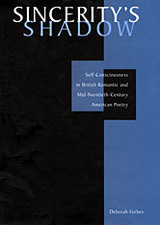
In a work of surprising range and authority, Deborah Forbes refocuses critical discussion of both Romantic and modern poetry. Sincerity's Shadow is a versatile conceptual toolkit for reading poetry.
Ever since Wordsworth redefined poetry as "the spontaneous overflow of powerful feelings," poets in English have sought to represent a "sincere" self-consciousness through their work. Forbes's generative insight is that this project can only succeed by staging its own failures. Self-representation never achieves final sincerity, but rather produces an array of "sincerity effects" that give form to poetry's exploration of self. In essays comparing poets as seemingly different in context and temperament as Wordsworth and Adrienne Rich, Lord Byron and Anne Sexton, John Keats and Elizabeth Bishop, Forbes reveals unexpected convergences of poetic strategy. A lively and convincing dialectic is sustained through detailed readings of individual poems. By preserving the possible claims of sincerity longer than postmodern criticism has tended to, while understanding sincerity in the strictest sense possible, Forbes establishes a new vantage on the purposes of poetry.
READERS
Browse our collection.
PUBLISHERS
See BiblioVault's publisher services.
STUDENT SERVICES
Files for college accessibility offices.
UChicago Accessibility Resources
home | accessibility | search | about | contact us
BiblioVault ® 2001 - 2024
The University of Chicago Press



